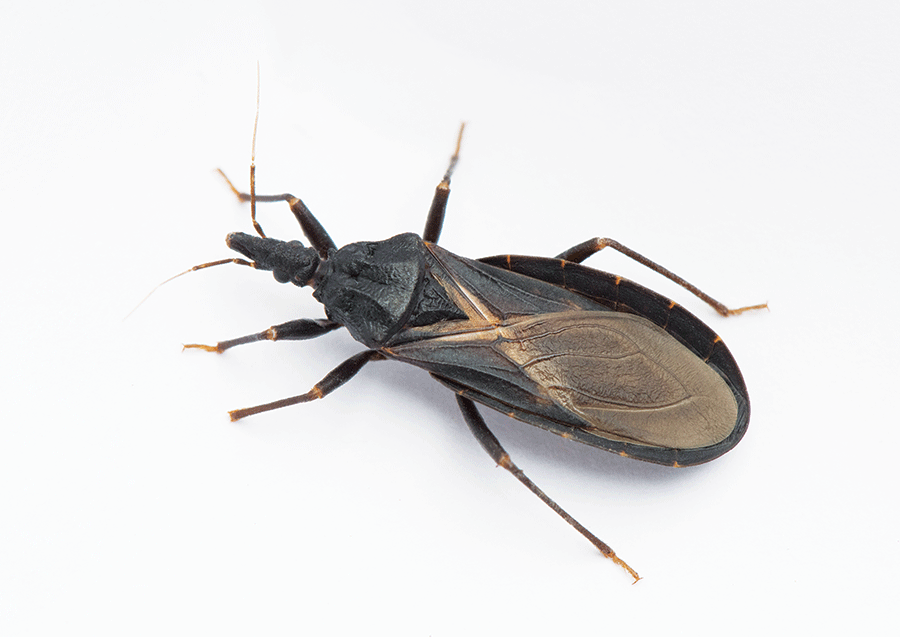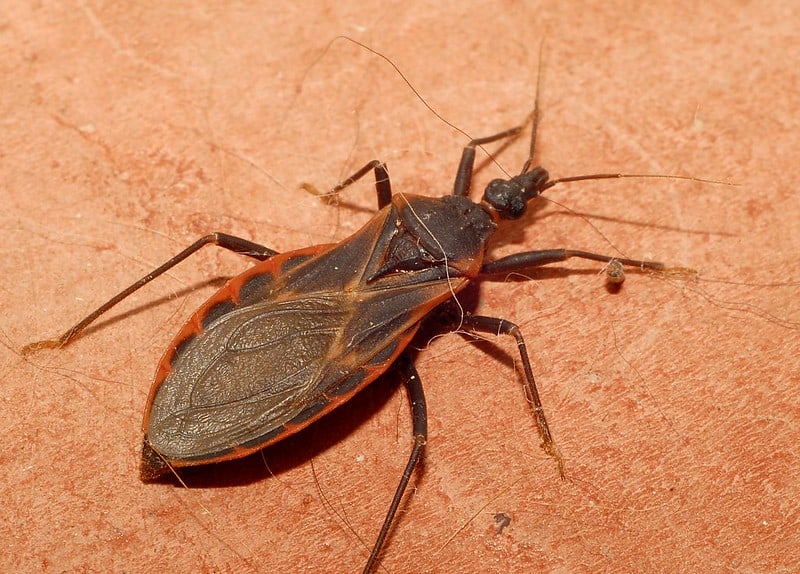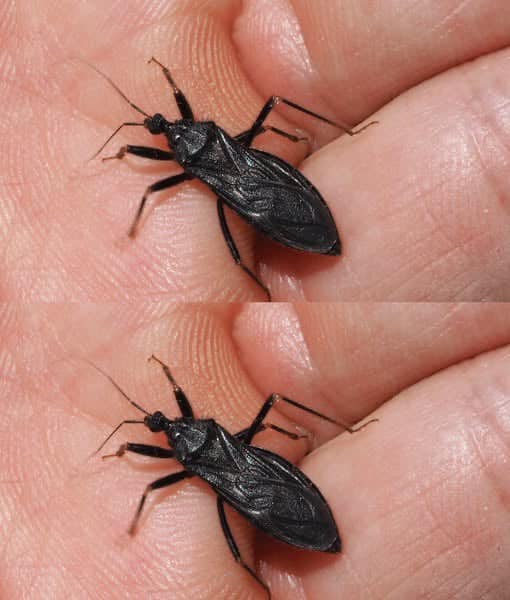HT7. What You Should Know About Assassin Bug Bites
Imagine waking up with an itchy red bump near your mouth. You might dismiss it as a simple bug bite, but in the following days, you start feeling unwell—fever, nausea, and fatigue set in. You visit the doctor without mentioning the bite, but they notice the swelling and connect the dots. Turns out, this could be the mark of an assassin bug, a pest far more dangerous than most realize.
The Dangers of an Assassin Bug Bite
Assassin bugs are known carriers of Chagas disease, a serious condition that can lead to heart and organ complications. Thankfully, not every bite results in infection, but statistics suggest over 60% of these insects carry the disease. If bitten, immediate symptoms often include intense pain and swelling.
To address a bite:
- Wash the area thoroughly.
- Use antiseptics and apply calamine lotion or corticosteroids for swelling.
- Over-the-counter pain relief, such as ibuprofen, can help manage discomfort.
- Seek medical attention for severe reactions like hives or breathing issues.
This experience serves as a reminder to take preventive measures against pests.

What Are Assassin Bugs?
Also referred to as “kissing bugs,” these pests are blood-feeding insects found across much of the southern United States, particularly in Texas and surrounding regions. They often reside in wooded areas but move closer to homes during warmer months in search of mates and new nesting spots. Lights attract them to houses, where they infiltrate and hide in dark, cool areas.

Recognizing Assassin Bugs
Known scientifically as triatomine bugs, these insects live between 4 and 24 months depending on their environment. Adult assassin bugs are typically ½ to 1 inch long, dark brown or black, sometimes with red markings on their backs. Both nymphs and adults are capable of feeding on blood.
Due to their nocturnal habits, assassin bugs are hard to spot without actively searching.
Where to Look for Assassin Bugs
Assassin bugs prefer hiding close to their food sources. To locate them, inspect:
- Indoors: Mattresses, picture frames, furniture, storage boxes, and hanging clothes.
- Outdoors: Piles of leaves, firewood, stones, or tiles near the house.
Preventing Assassin Bugs
To keep these pests away, use the following strategies:
- Remove debris like leaves and old furniture from your property.
- Store food and firewood properly.
- Seal cracks in walls and gaps under doors.
- Install window and door screens.
- Use bug-safe yellow light bulbs outside.
For thorough protection, consider professional pest control services.
Professional Pest Solutions
Enlisting the help of pest control experts ensures effective removal and prevention. Specialists can identify vulnerabilities in your home and provide tailored solutions to keep pests at bay.
Don’t take chances with your health or safety. Contact a trusted pest control service for peace of mind.












Post Comment